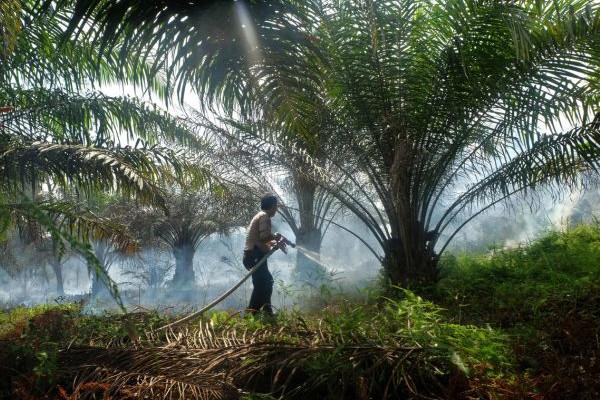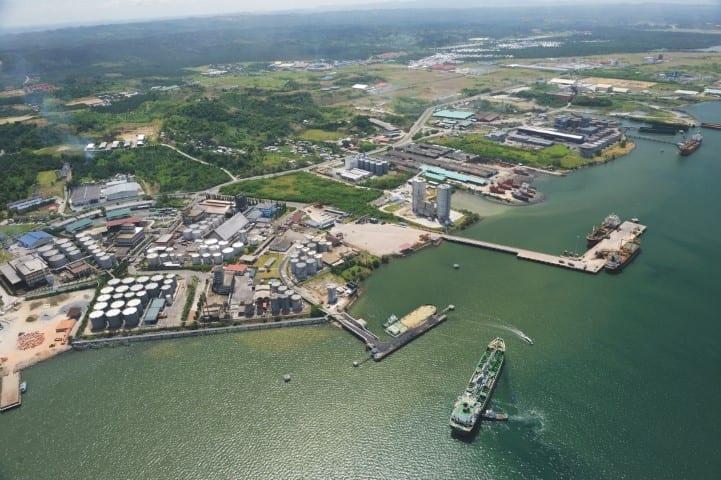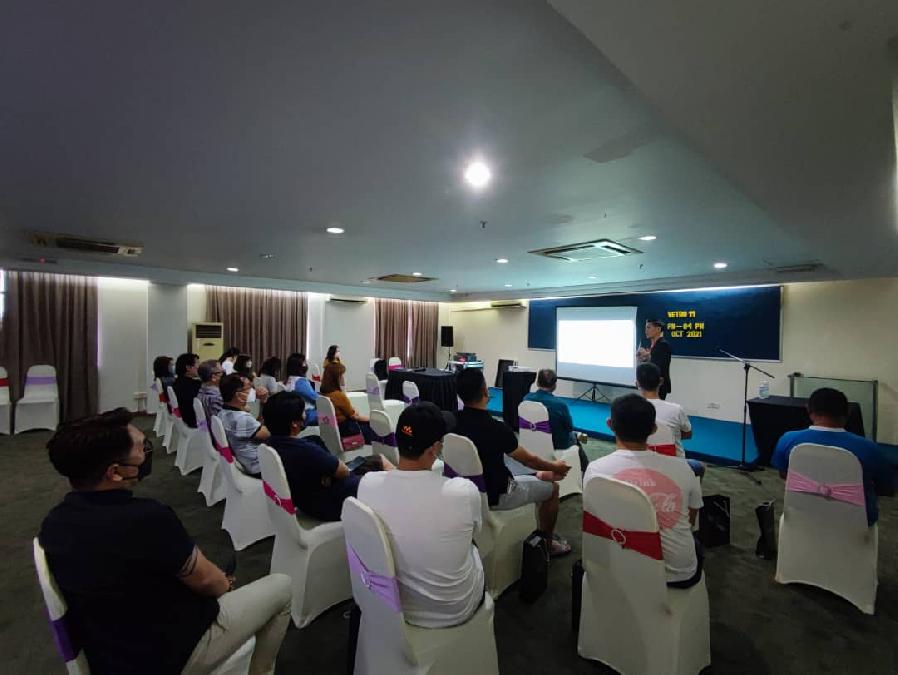Lahad Datu which contributed the largest oil palm supply in Sabah, used to rank fifth in Sabah’s property market performance.
Many oil palm owners reinvested profits from oil palm to other property sectors not just in other parts of Sabah, but also overseas.
A look at the NAPIC estate land transactions data shows Lahad Datu is in the thick of the action like an estate land deal along Jalan Lahad Datu – Sandakan, Lahad Datu in 2017 to estate land deals in Lahad Datu’s Ulu Segama, Jeraco, Jalan Lahad Datu – Sandakan, in 2018.
Some oil palm owners cashed out, selling their estates, generating yet more funds looking for alternative property investments. The oil palm sector profits had been an important driver of the other property sectors locally and globally.
A reduction is a damper for the general property market as lower palm oil prices and oil palm crop production reduced the spending power of the population.
Many potential property purchasers faced difficulties to submit their loan applications with proper financial documents while some of them were over-geared.
The negative impact left over by past Sulu intrusion incident has caused some developers to hold and scale back their real estate projects.
Despite the flat market sentiment in Lahad Datu, Hap Seng Properties’ Phase 4 of Palm Heights consisting 100 double-storey semi-detached and Villa Perdana with 44 units of high-end double-storey semi-detached houses are some of the quality real estate products in Lahad Datu by a Sabah reputable developer.
The Lahad Datu property market is expected to stay flattish even though the Sabah Government set up POIC Lahad Datu in 2005 to spearhead the development of palm oil downstream processing to add value to its 1.55 million hectares of oil palm plantations, to create jobs and business opportunities.
In Malaysia, Sabah has had the greatest growth in hectarage and CPO production. The increments for the decades of the 1970s, 1980s, 1990s and 2000s were 38,000 hectares, 253,000 hectares, 665,000 hectares, and 409,000 hectares, respectively and slowing down to 100,000 hectares in the half decade to date, due to increasing scarcity of suitable greenfield land.
Industrial activities in Lahad Datu relied heavily on palm oil of which POIC Lahad Datu supplied the bulk of industrial land for palm oil industrial activities.
The utilisation of these lands was considered promising with a few industrial complexes in the pipeline for the production of fertiliser, palm-oil by-product and biomass processing.
Industrial properties of workshops and warehousing were also developed in small scale in Lahad Datu.
With the palm oil industry being the key factor in determining demand, the fluctuation of crude palm oil prices impacts the market. The industrial market has been stable but the market may be affected by the volatility of the commodity market with the reported curb by India on palm oil import. Supply growth is now outstripping demand growth.
Up to the end of 2012, the capital values of Oil Palm estates and smallholdings had continued their seemingly inexorable rise but Income/ Profit declined through generally lower yields and sharply lower CPO/FFB prices end 2012.
CPO and FFB prices/tonne fell from a peak of RM3,400/ RM700 to a nadir of RM2,000/RM400 affecting the bottom lines of oil palm owners. CPO prices have rebounded but generally in the range of RM2,100 to RM2,600 pmt, with short lived breakout to RM2,800 in Feb-Apr 2014 and an equally momentary dip to below RM2,000 in Aug-Sep 2015. Prices, spot and futures, are presently in the range of RM2,200 to RM2,390 with most agreed on further volatilities ahead due to global economic uncertainties with hopes of local biodiesel demand to mitigate’s Europe’s phasing out of palm oil for making biodiesel with serious concerns over labour shortage and rising costs including minimum wage.
The residential market in Lahad Datu has been sluggish even though population growth is increasing. Sales of the existing and newly completed shopoffice developments had been sluggish, and are expected to continue. Business opportunities are shrinking as market sentiment has yet to recover from its downturn in 2014. This has led to downward adjustment of price and rentals. In comparison to shopoffice, the development of purpose built office space is unlikely due to the lower probable yields and investment returns. Traditional shopoffices will remain the main supply of office space like i-Peak Business Centre, D’Perdana Square by Hap Seng Properties and First Palm City Lahad Datu.
It’s coming soon to fifteen years by 2020, but the real estate market in Lahad Datu has not boomed tremendously as there were not much high paying jobs created in Lahad Datu that retain local talents and brought in an influx of talents to work in Lahad Datu.
The best is yet to come for the Palm Oil Industrial Cluster promises for Sabah. Price per square foot in Lahad Datu averages RM155 for non-landed compared to the state average of RM255, whilst the landed exceeds the state average RM2,750 to RM2,650, according to brokers.
Eco-tourism activities in Lahad Datu were very much affected by past spate of kidnapping incidents by the Sulu militants with tourist arrivals experienced a decline of more than 50 per cent since then and recovery is slow.
Hotel growth seen a 1,100-room hotel at KM 7, Jalan Lahad Datu – Sandakan and a 120-room hotel converted at D’Perdana Square.
The local economy in the past used to rely on illegal immigrants. As big a worry for many oil palm estates has been labour shortage resulting in unharvested fruits of as much as 20 per cent. This is likely to persist and it is feared that labour from Indonesia will be increasingly difficult to obtain with that country’s own rapid expansion of the industry. Labour shortage is now compounded by more expensive labour with the minimum wage of RM1,200 going to be implemented.
The retail market was relatively soft when the purchasing power of locale dropped significantly in Lahad Datu. Abundant retail space is available resulted from the completion of some retail developments in the past few years. The retail space in Lahad Datu will increase when more development projects are completed.
The general property market in Lahad Datu was considered stable although transactions were lower and the decline in market activity are because of the lower palm oil prices and the lending curbs imposed by Bank Negara Malaysia.
The demand for residential properties has not been fully met and the supply is still restrictive due to the high land and building costs.
More affordable houses are urgently needed to be constructed to meet the residential needs in Lahad Datu. The general property market is anticipated to remain stagnant but house prices may increase further pushed by rising land and construction costs without IBS methods.
_PH_Banner_(Desktop)(1200x180px).png)
.jpg)
.jpeg)


.jpg)







.jpg)
.jpeg)
